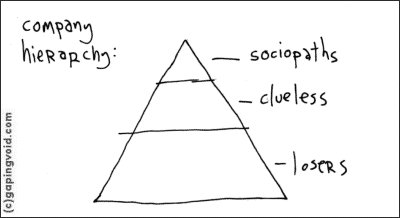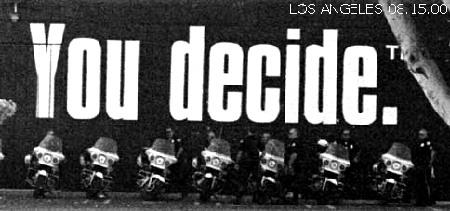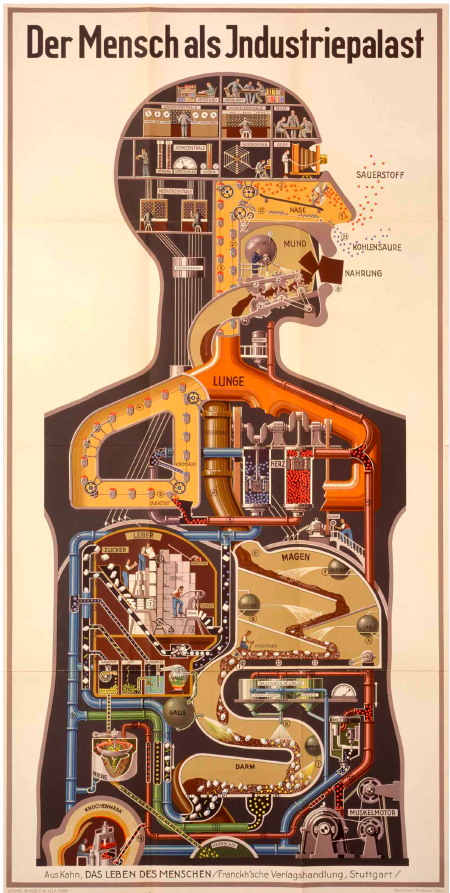But in reality, it is the inherent failure of representation, both in the visual and the political sense, that continually leads activist-artists to abandon their works and their familiar skills, and to dissolve once again into the intersubjective processes of society’s self-transformation.
This moment of dissolution is where one could locate exodus, not as a concept, but as a power or a myth of resistance. On the one hand, exodus is a pragmatic response to the society of control, in which any widespread political opposition becomes an object of exacting analysis for those who can afford to invest major resources in the identification, segmentation and manipulation of what we naively call the public. In the face of these strategies, exodus is a power of willful metamorphosis: the capacity for a movement to appear, to intervene and to disappear again, before changing names and recommencing the same struggle in a different way. (Brian Holmes, Unleashing the Collective Phantoms: Essays in Reverse Imagineering @ 185)
Exodus is a movement — defection from the State, exit from the state of things, toward the formation of a “new republic” (as Paolo Virno puts it). While Virno and other Italian-based theorists of the Autonomia/Operaismo movement have traced exodus as a response to the factory regime of Fordist labour that saw its dismantling in the ’70s and ’80s, Brian Holmes has placed exodus within the artistic lineage of interventions and occupations, in which the fluidity of art, and of art as an occupation or role offers an exit strategy from institutionalized engagement. Holmes’ historical references are those of the alterglobalization movement, notably the public sonic occupations of Reclaim the Streets and the deployment of carnivale tactics in general, but also in specific art projects such as Nikeground. Here, art (and the artist) move through an interzone of activism and art, a zone in which intervention and representation are no longer distinct sides or sites of the work.











 RT
RT 